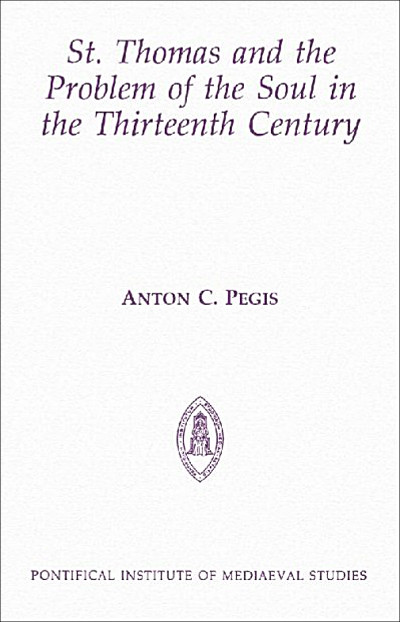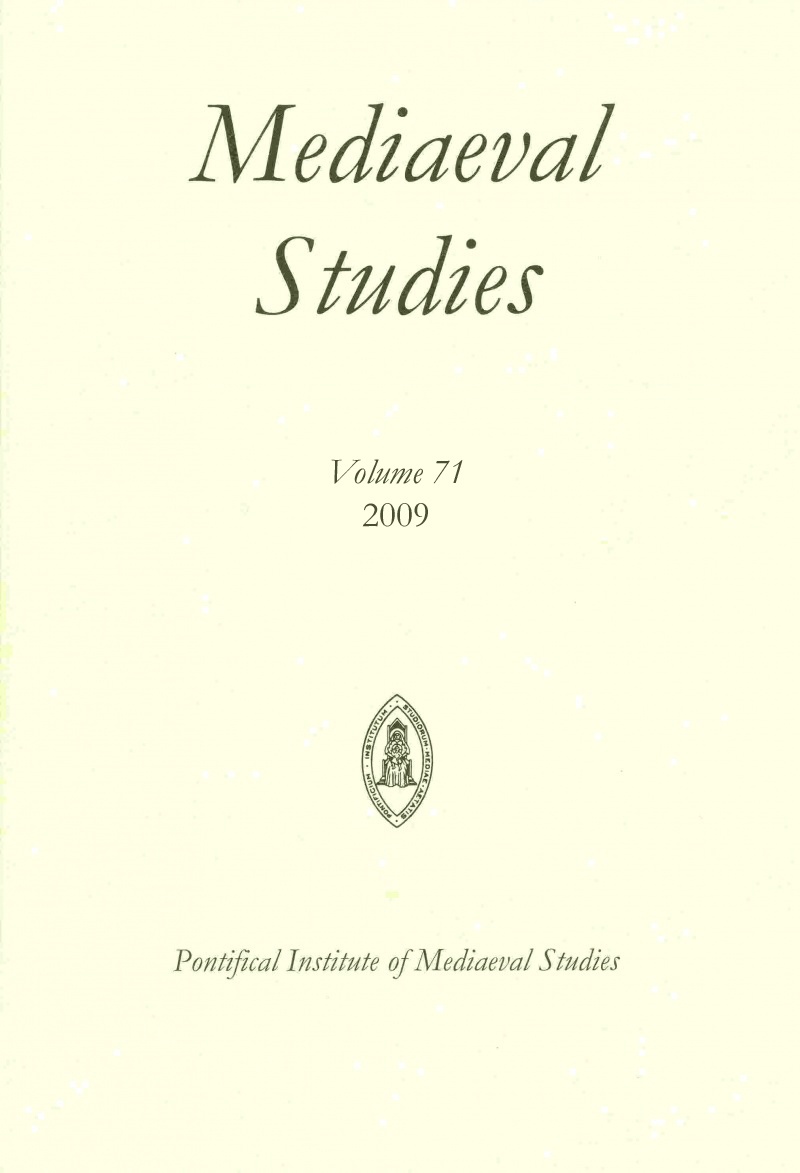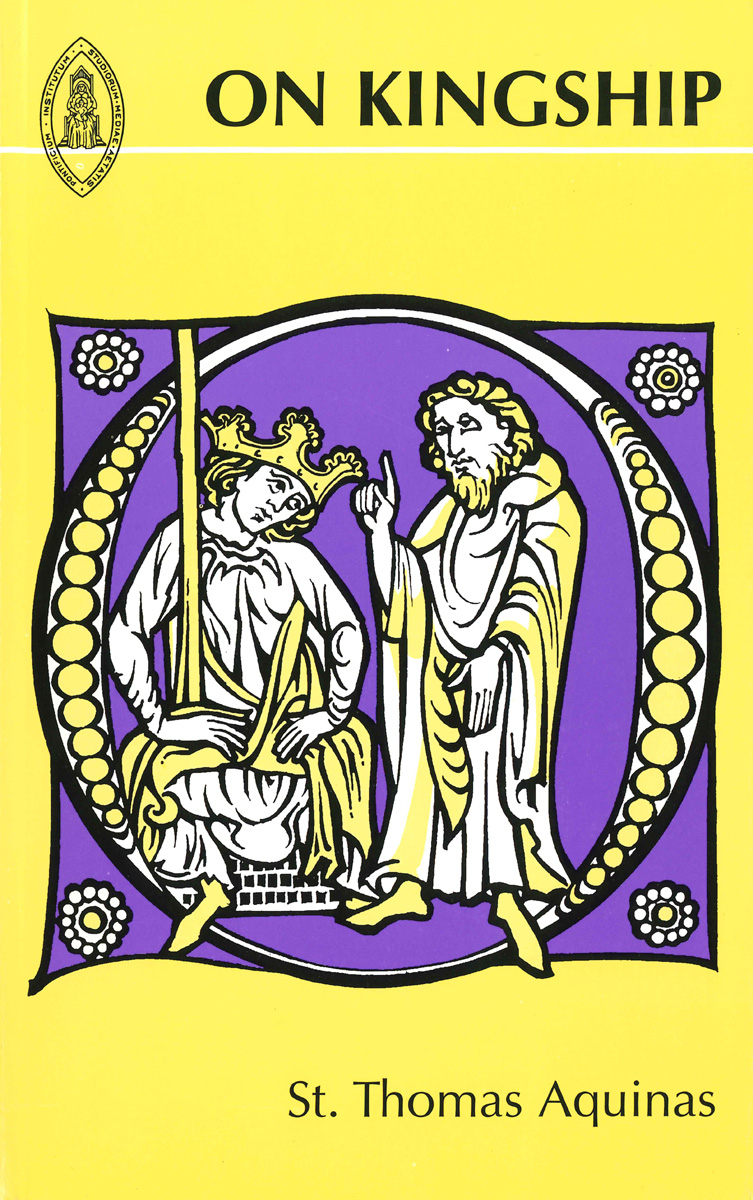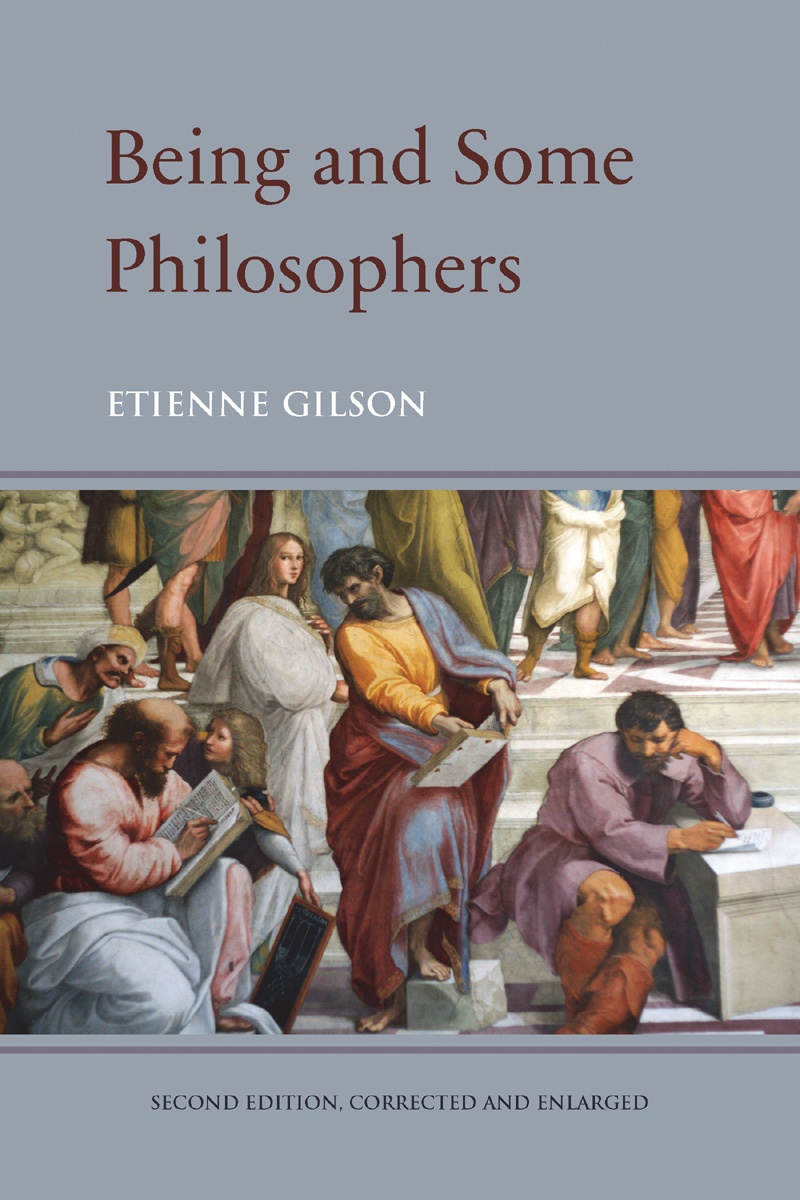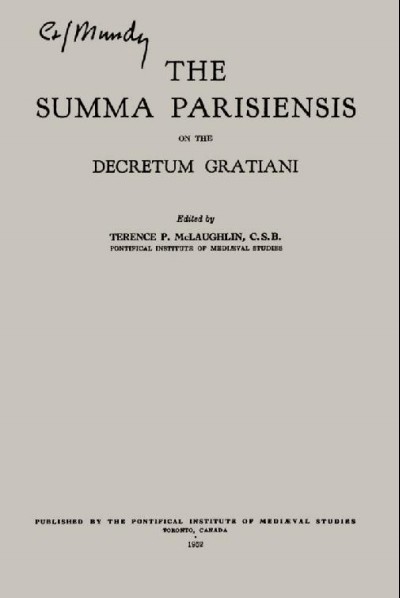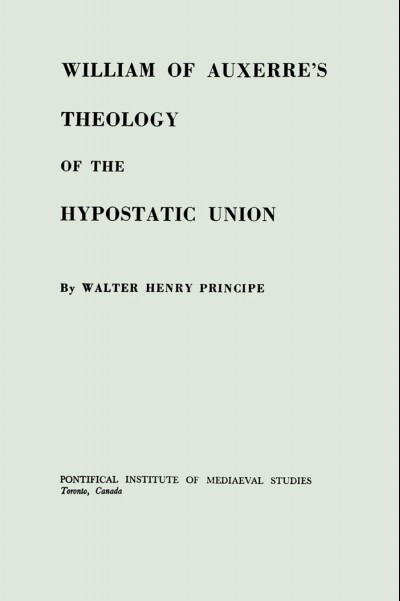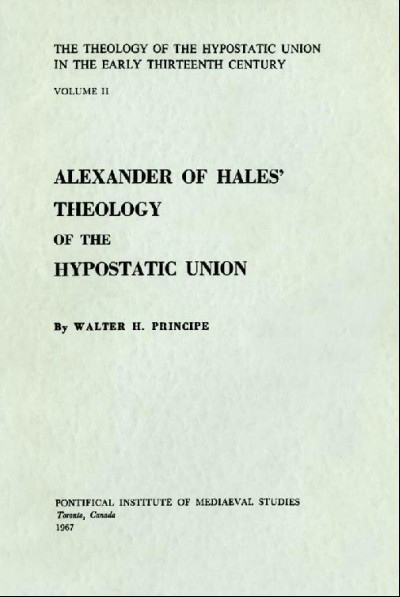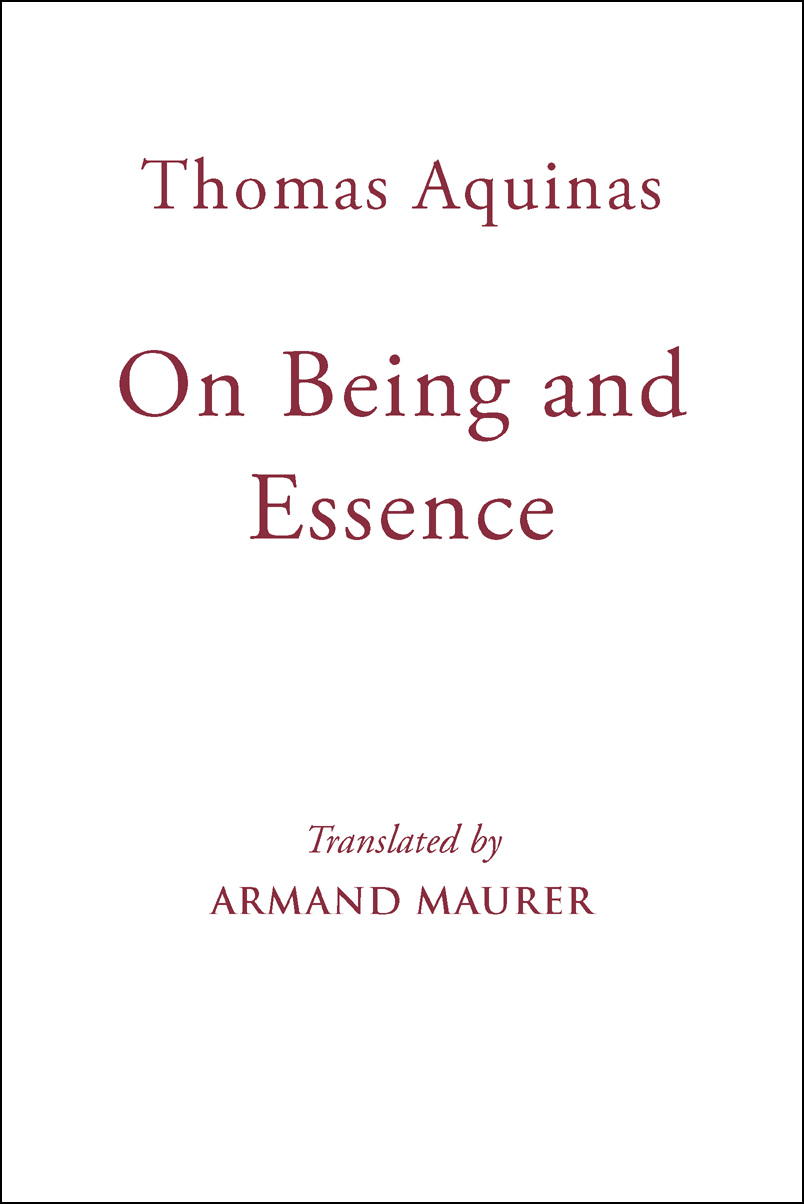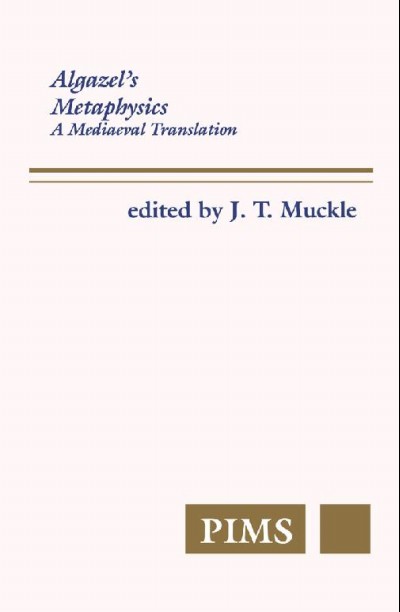
Algazel’s Metaphysics: A Mediaeval Translation
1933. 265 pp. ISBN 978-0-88844-400-4
This edition makes available to students of medieval philosophy an important and influential work of al-Ghāzzalī (1058–1111) as actually used at the time. An appendix transcribes a long note in the base manuscript made up of extracts from the De divisione naturae of Gundissalinus, while a second gives the other marginal notes as well as the variants. This edition has proved serviceable for over 70 years, and is still a necessary tool for anyone working in the field of medieval metaphysics as developed in Latin during the thirteenth century.



